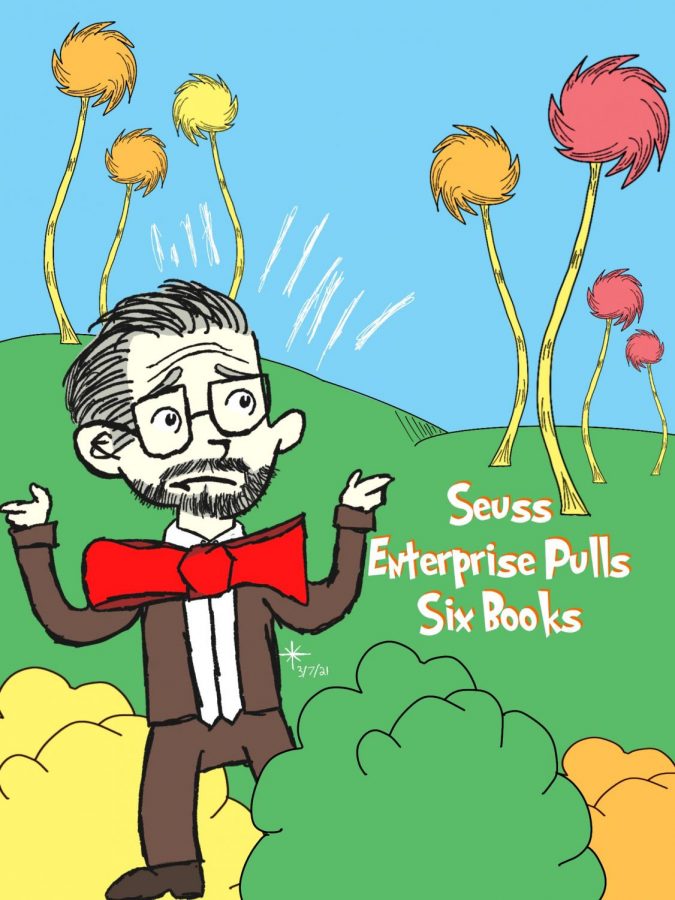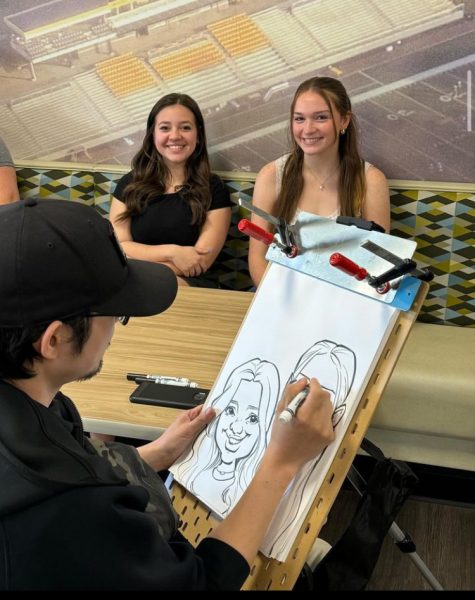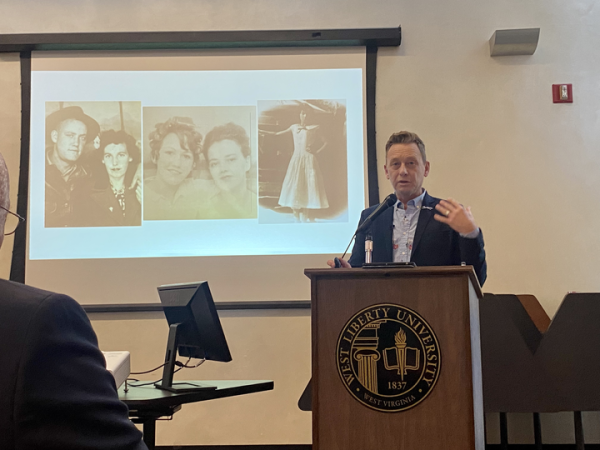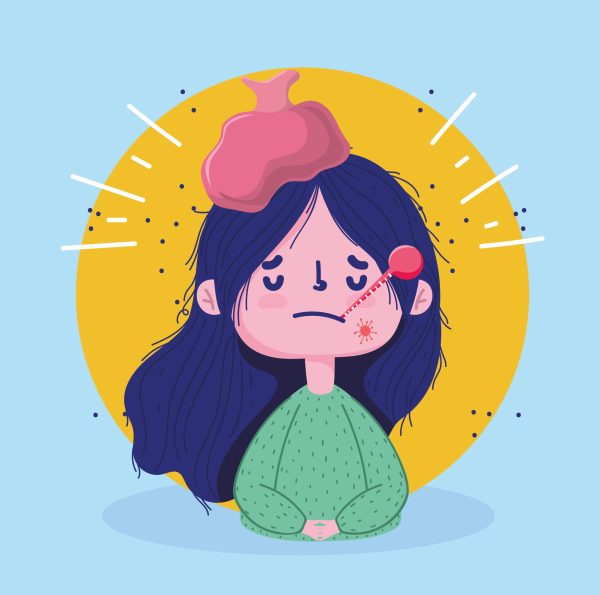Dr. Seuss Enterprises discontinue six books for racist imagery
On Tuesday March 7, news was announced that six Dr. Seuss books would be discontinued as a result of racist and insensitive imagery.
According to The Associated Press these six books include “And to Think That I Saw It on Mulberry Street,” If I Ran the Zoo,” McElligot’s Pool,” On Beyond Zebra!,” “Scrambled Eggs Super!,” and “The Cat’s Quizzer.”
Dr. Seuss’s world-famous book, “The Cat in the Hat” was also under question to be discontinued but will still remain in publication for the time being.
Though Dr. Seuss books have taught children and adults positive morals such as environmentalism and tolerance, negative criticism has surfaced in the past few years that the ways Blacks, Asians and other ethnic groups are portrayed in Dr. Seuss’s drawing are racist and hurtful.
“These books portray people in ways that are hurtful and wrong,” said Dr. Seuss Enterprises.
Interestingly enough, the decision to discontinue publication of these books was made last year after months of deliberation. According to CBS News, a school librarian in Cambridge, Massachusetts received a gift of 10 Dr. Seuss books from former first lady Melania Trump. The librarian was reported to have criticized this gift saying that the books were “steeped in racist propaganda.”
Then in 2018, the Dr. Seuss museum, located in Springfield, removed a mural which was of an Asian stereotype. “While I understand why people would be offended by some racially insensitive caricatures made by Dr. Seuss, I don’t think it is right to completely censor all of his work. There are parts of his legacy we should honor and parts we should not,” said Olivia Romick, a West Liberty freshman majoring in journalism.
However, another freshman Anna Dean had a different perspective saying, “I loved Dr. Seuss books as a kid, but as I grew up I had problems with the books pointed out to me. I feel like banning the problematic books is a good thing. As much as Dr. Seuss books were popular in the past, there comes a point to question the material. If the ban or shelving of any offensive books helps us to shape a better future for our youth, I’m supportive.”
Though unsure of what Dr. Seuss’s intention was in these books, the debate over the meaning of these books is subject to question. This just poses the question of “Oh the places we’ll go.”
Morgan Kafana is a freshman at West Liberty University. She served as graphic designer and now holds the position of Culture editor. In high school,...











